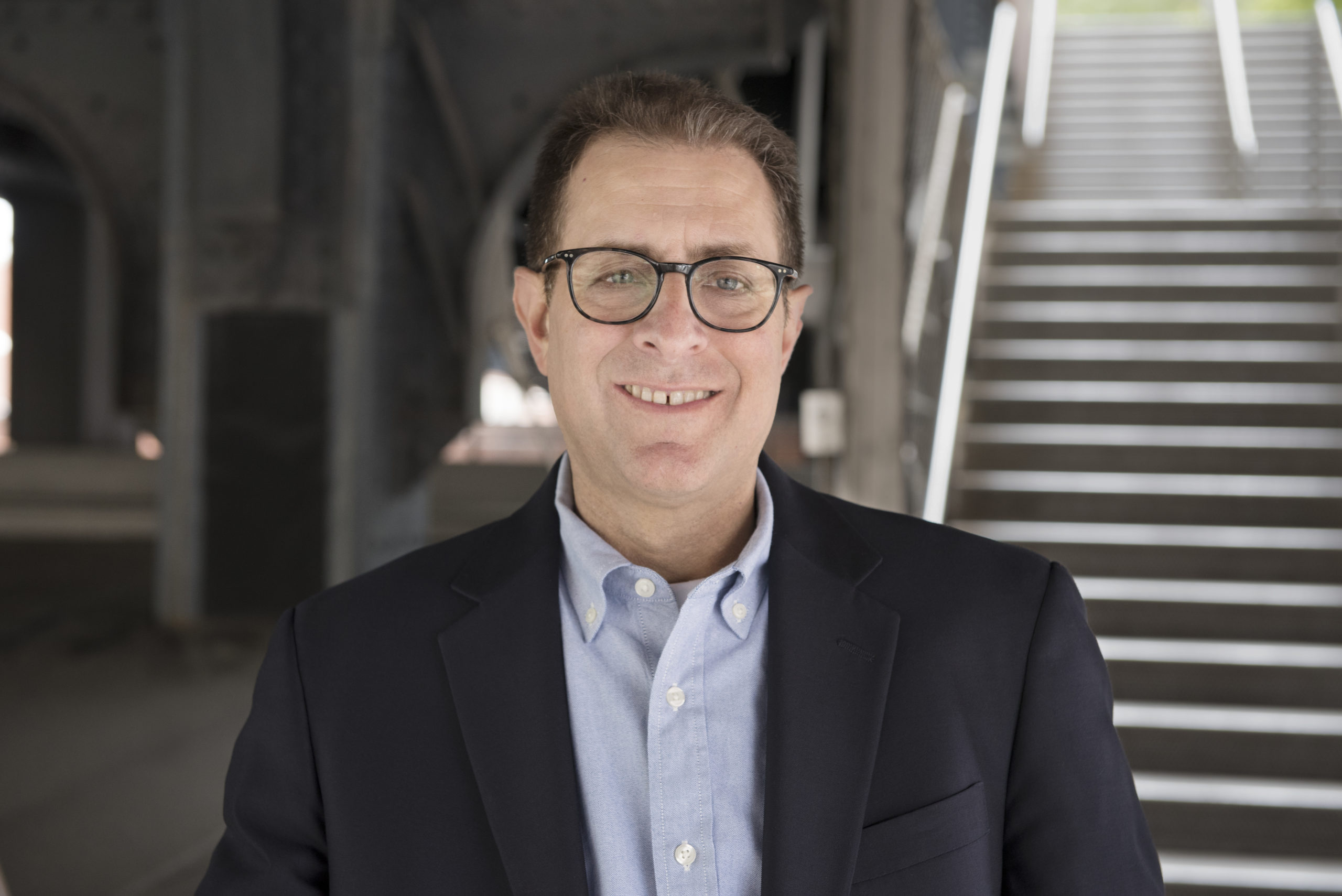Our partners challenge us every day to pursue new opportunities that lead to progress.
One such partner is Douglas Berman, Executive Director of the Drug Enforcement and Policy Center at The Ohio State University. In 2017, Berman started the center from scratch, creating one of the country’s first academic teams focused on the intersection of drug policy research and criminal justice reforms. Since then, Berman has nurtured a blossoming national community of legal scholars and academics exploring transformational criminal justice reforms, providing much needed data, analysis, and a forum for discussion.
We spoke with Professor Berman in January 2021 to learn more about the center’s work and approach to criminal justice reform. This conversation has been edited for length and clarity.
CKF: How did your interest in criminal justice develop?
Berman: I’ve always been interested in criminal justice issues, especially as they intersect with practical philosophy. My first job after law school was clerking for a federal judge, right around the time that federal sentencing guidelines were finding their stride. I found the issues fascinating, and I was shocked that I hadn’t been exposed to the guidelines while I was in law school. I ended up clerking for two different judges on the U.S. Court of Appeals for the Second Circuit. And that meant I worked on half–a–dozen federal sentencing cases. I learned on the job.
When I began to explore becoming a legal academic, I connected with Professor Marc Miller who had just started a journal called the Federal Sentencing Reporter. Marc offered me a chance to be a junior editor, and supported the idea that there ought to be courses about sentencing in law school. I was fortunate to be offered a position at Ohio State where they not only needed me to teach a basic first–year criminal–law class, but were also open to me creating my own sentencing course.
CKF: Your interest grew into a casebook, and then a blog in 2004.
Berman: After assembling my own materials, I worked with Marc and two other scholars on the first modern sentencing casebook for law–school instruction. I started my blog partially to supplement this new casebook. But a month in, the Supreme Court essentially blew up the field of sentencing through a series of consequential constitutional rulings. There were big cases coming down from courts nationwide almost every day; only the blog format enabled me to cover the changes in real time. My work on the blog was cited by the Supreme Court, and led me to testify to Congress and to numerous sentencing commissions. My blogging increased awareness of my work and elevated my stature as an academic, and that’s when I met CKF.
CKF: What is the research focus of the center?
Berman: My initial vision was to focus on marijuana reform. I have long been concerned by a disconnect between legalization advocacy and efforts targeted toward those currently incarcerated or still harmed by undue criminalization. The first wave of reform proposals weren’t even trying to address damage from the past, and I wanted the center to bring more attention to people who were getting left behind. Thankfully, I’m seeing today’s reform movements catch up, with many more advocates stressing the need for expunging past convictions, for better social equity provisions, and for other reforms specifically targeted toward populations harmed by past prohibitions. But that’s still an area with lots of work to do.
Overall, I think the costs of the war on drugs have not been well studied or measured. The criminal justice system harms individuals and communities even when it’s pursuing desirable ends. Even if we are successful at bringing overdose deaths down, or moving people into treatment, there’s an inherent cost in using the criminal justice system to achieve these social ends. There is an inherent harm in the government making an individual do something that they otherwise wouldn’t want to do, and there is always reason to fear such paternalism will prove counterproductive. And investing energy and resources into this kind of criminal enforcement distracts from things that the government can do a lot better.
Fundamentally I think our work is about calling government to account, about interrogating the drug policy and criminal justice status quo.
CKF: How do you make sense of the large number of sentencing guidelines?
Berman: We talk about having a criminal justice system, but the reality is we have over fifty — and maybe more depending on how you count. Each state and locality responds to wrongdoing in distinctive ways. Sentencing is the area where this all cashes out. I’m persistently preaching that we need good, better data.
But because we have many different systems operating, we can watch states experiment and identify good lessons to try elsewhere. We can gather data, and over time come to a deeper wisdom about the values, costs, and benefits of different approaches.
There are lots of advocates whose job is to convince you that they’ve got the right answer. They’re not going to admit, “Boy, things went wrong when we did that reform.” But as academics placed in a university, we don’t have any skin in the game, and play a critical role in responsibly advancing a broader understanding.
CKF: Three years into the center, what are you most proud of?
Berman: We have had the honor of working with Ohio Governor DeWine on a pardon project, which has been both thrilling and challenging. We’ve created a new procedure designed to speed the pardons process for deserving individuals, one which could become a replicable model for other states. But to expand the program will continue to require a lot of resources, commitment, and courage.
We’re also proud to be fostering a community of individuals working on these topics, particularly in law schools. We have been working closely with the Academy for Justice at Arizona State University, another partner of CKF, to plan annual conferences. Universities can bring people together, create connections, and facilitate work and ideas in a special way. We don’t have to sell a product. We have produced a number of original reports, and supported research papers by a diverse array of scholars and students. In so doing, we look to forge connections and enable others to produce cutting-edge work and disseminate it.
This approach is built into the DNA of what universities do, but is also aided by the incredible resources from CKF. The wonderful thing about the grants we’ve received is that they generally lack an elaborate list of defined deliverables. We have freedom to make choices, to decide what projects are a good use of time and energy, to be nimble in determining what work is likely to have an impact at a particular moment. Especially in a field that is dynamic and ever-changing, I feel grateful that there is no rigid checklist of expected products.
I’m still struck by how few people in law schools are deeply invested in drug policy research and sentencing. Even though everybody knows problems abound, and talks about mass incarceration, and advocates for various reforms, these subjects are still not consistently taught and researched in our nation’s law schools. Our center has a unique place in what is a growing universe of criminal justice centers. We’ll be there when you want to understand the intersection of criminal justice reform and drug policy. And we’ll carry forward with our own projects, while supporting others and connecting them in order to grow the field at this critical time.
The Charles Koch Foundation partners with social entrepreneurs to drive societal progress through academic research and innovations that help all learners realize their potential. Read more about the Foundation’s support for academic research on criminal justice.










